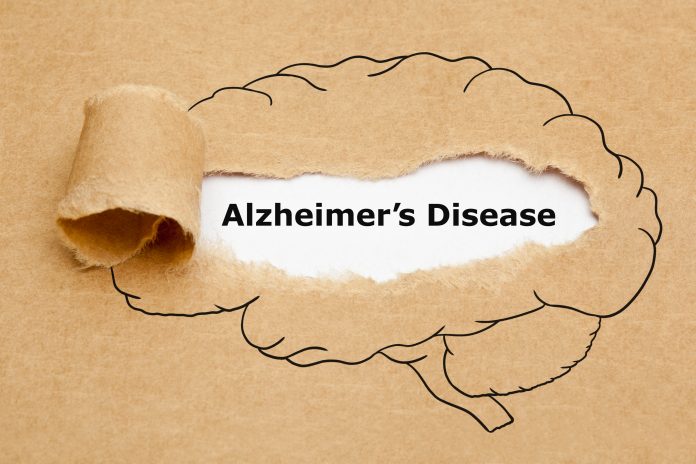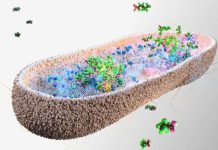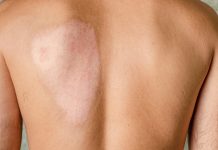Jonathan Baker of, GBS Clinic, sheds light on the current extent of our knowledge of Alzheimer’s disease
There are few diseases more economically, emotionally, and scientifically challenging than Alzheimer’s. Friends and family members are estimated to spend around 18 billion hours of unpaid work looking after sufferers in the United States alone, many of whom won’t even know they’re doing so. (1)
And over the past two decades, more than 73,000 scientific papers have been published relating to the disease, averaging around 200 a day. (2) But because Alzheimer’s fatally damages neuronal networks in the brain, a cure still eludes us – but our understanding of how it works is improving all the time.
Looking at Alzheimer’s as a vascular disease
Today, the medical community has amassed a substantial body of literature strongly associating atherosclerotic arteries in the brains of Alzheimer sufferers. Meaning that plaques and cholesterol can build up in the blood vessels of the brain, limiting blood flow.
Autopsies seem to verify this, with Alzheimer sufferers tending to have build-ups restricting blood flow to the parts of the brain that control memory function. (3) Like with heart disease, which is often a result of a narrowing of the blood vessels as cholesterol restricts flow to the heart, watching our cholesterol may slow the progression of the disease down. More importantly, however, it may prevent it from occurring in the first place.
Alzheimer’s as a lifestyle choice, not a fact of life
Cholesterol doesn’t just encourage amyloid plaques to build up in the brain, it actively spreads and “seeds” them throughout. (4) Along with heart disease, excess cholesterol is now unambiguously identified as a factor causing Alzheimer’s. (5)
Armed with all of this research, the “cure” for Alzheimer’s is clear. We can prevent it from ever happening with a diet of vegetables, legumes, fruits, and whole grains. And that whole-plant foods should largely replace meats and dairy. (6)
Claims that Alzheimer’s is a largely genetic, predestined phenomenon are crumbling away, as studies have shown that variance levels differ massively between populations with different average diets. (8)
Furthermore, studies have revealed that Alzheimer’s increases in migrants as they adapt to new diets, and especially Western diets. (8)
It appears that cutting meat out of a diet completely reduces the chances of developing Alzheimer’s by half, and the chances of getting it to continue to fall the longer meat is avoided. (9)
The best medicine is food
Suppose – against all odds – there is a tablet that will be developed in a decade’s time that can treat Alzheimer’s. Why wait? By eating a proper diet, you can think of food as a preventative form of medicine.
As with so many other diseases, a largely plant-based diet is recommended for preventing the development of Alzheimer’s, and especially dark-green leaves and colourful berries, brain foods which are thought to prevent “rusting” in the brain. (10)
A large study involving over 2,000 participants concluded that regularly drinking fruit and vegetable juices reduced the chances of developing Alzheimer’s by 76%, and especially among those who were considered “prone” to developing it. (11)
Most incredible of all, polyphenols – micronutrients commonly found in plants – may actually help to stop plaques from congregating in the brain, and may even “pull them out” like emergency response forces. (12) The data seems clear. Eat well, and no matter your genetics, Alzheimer’s can be defeated.
References
(1) https://www.alz.org/media/documents/alzheimers-facts-and-figures-2019-r.pdf
(2) https://www.ncbi.nlm.nih.gov/pubmed/22422426
(3) https://www.ncbi.nlm.nih.gov/pmc/articles/PMC3117084/
(4) https://www.jbc.org/content/274/21/15110.short
(5) https://onlinelibrary.wiley.com/doi/abs/10.1002/mnfr.201100208
(6) https://www.sciencedirect.com/science/article/pii/S0197458014003480
(7) https://n.neurology.org/content/57/6/985
(8) https://jamanetwork.com/journals/jama/article-abstract/408263
(9) https://www.karger.com/Article/Abstract/110296
(10) https://www.ncbi.nlm.nih.gov/pubmed/22475317








